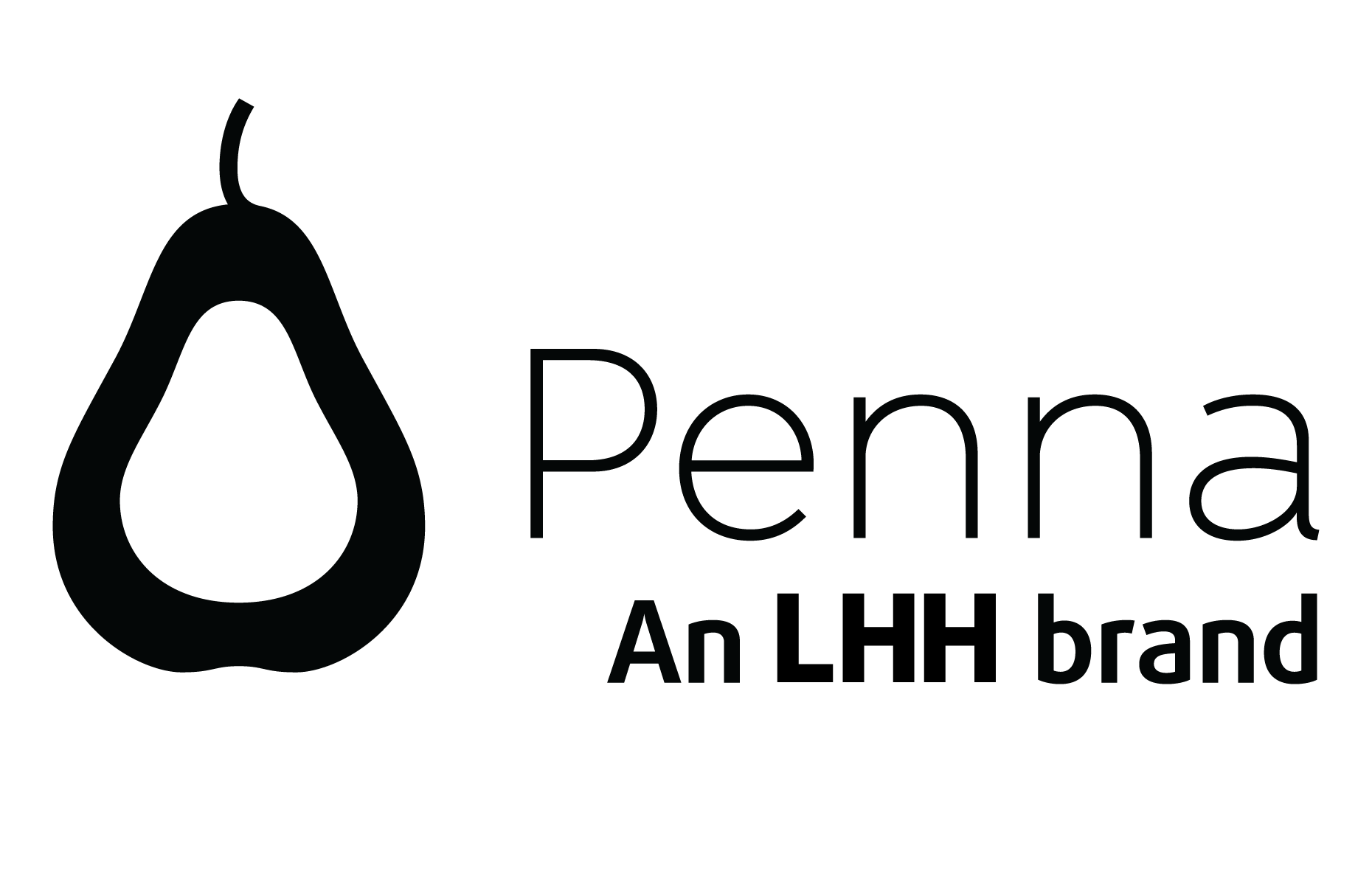Penna’s Claire MacLeod (Senior Consultant, Enterprise) had the privilege of attending this year’s UHR conference. Covering a wide range of topics, Claire shares with us the main takeaways from the day, including a focus on recruitment and retention, inclusive leadership, and the positive impact of mentoring.
This year’s annual UHR conference was entirely virtual again. It was the first virtual conference I have attended, and I was unsure of what to expect. It certainly was very different in many respects from an ‘in-person’ conference (for example, the home-brewed coffee was vastly better), with both pluses and minuses for each format. Certainly, the online platform was well-designed and easy to navigate and there were only a couple of events that had to be hurriedly pushed onto Zoom because the conference technology failed. It was great that audience members were able to post reactions and comments, and even respond to polls in real-time during each presentation, with the comments being responded to at the end of each session by the presenters.
But what of the content? Glancing down the list of presentation titles, it was clear that Higher Education’s (HE) focus is currently recruitment and retention. Many of the subjects talked about in the sessions related to this topic either directly or indirectly, with the list including; Inclusive Leadership (more of that later); How to work well in the Hybrid Age; Financial Well-being for your Staff; Bringing Menopause Support to the HE sector; and many more.
The plenary that I found most informative and engaging was entitled ‘Inclusive Leadership’, and was led by René Carayol, CEO of The Everyone Group. Pointing out that we now operate in a world that is VOCA (Volatile; Uncertain; Complex and Ambiguous), the need for all organisations to be inclusive has never been more profound. Interestingly, he remarked that the gaping void within most organisations is created by generational differences, rather than ethnicity. All employees are looking for ‘someone to believe in’ and ‘something to belong to’. A sense of purpose is what every person wants and needs, however in this respect – one size fits no one. There is great power in acknowledging this truth – if no one thinks the same, then the possibilities are endless.
René went on to discuss what organisations can do to up their inclusivity, and how this will also improve retention. An interesting statistic he quoted was that when an organisation introduced a mentoring programme, on average the mentees experience a 16% increase in career acceleration. But the real eye-opener is that the mentors experience a 53% increase in career acceleration. In other words, as a development programme, mentoring benefits the organisation on every level. Another interesting observation was that the more an employee feels trusted, the more likely they are to go the extra mile. Coaching can and should always work both ways, with role models being found at the very top of every organisation. Simply appearing supportive just isn’t enough anymore.
Overall, the conference provided a fascinating insight into how Leaders can be more inclusive and the benefits of doing so. René’s talk was extremely well received and I’m sure I wasn’t the only delegate to come away inspired. What stayed with me the most from the event is that the role of a leader is to create a space where everyone has the opportunity to flourish. Amen to that!
If you are interested in creating a truly inclusive organisation, we’d love to help. Our Diversity Consultancy team is eager to support you, whether you are at the start of your diversity and inclusion journey, or have an already established strategy. Find out more about this service.




